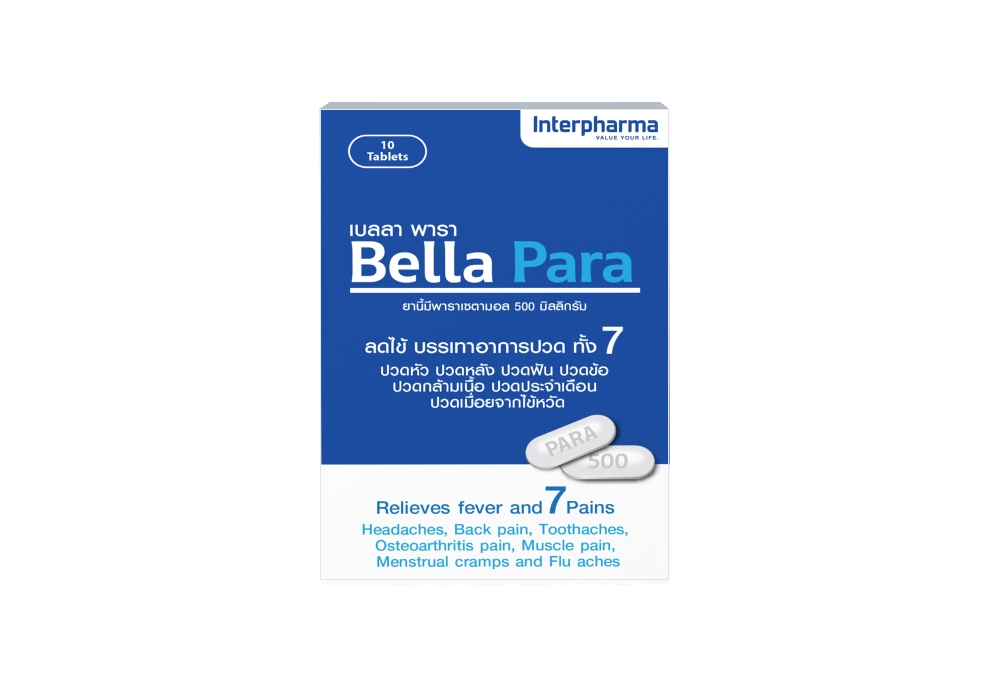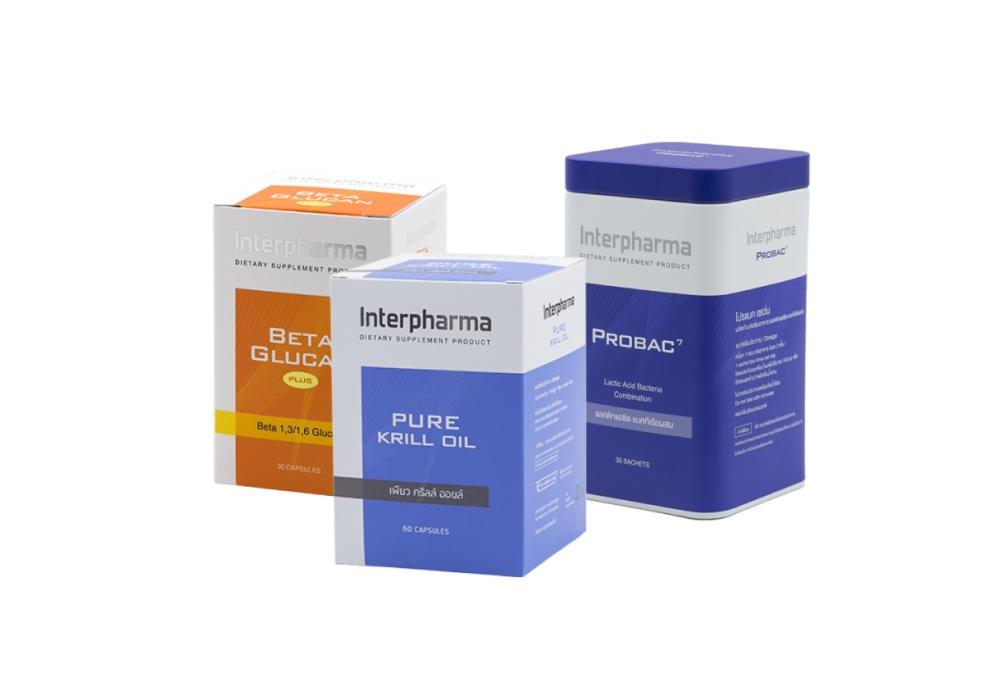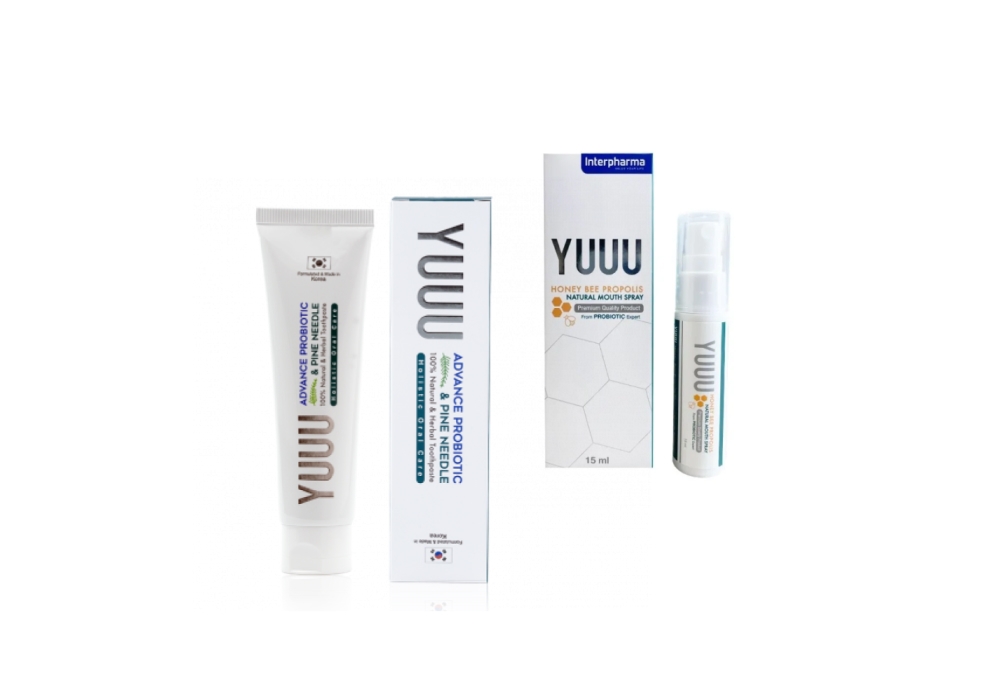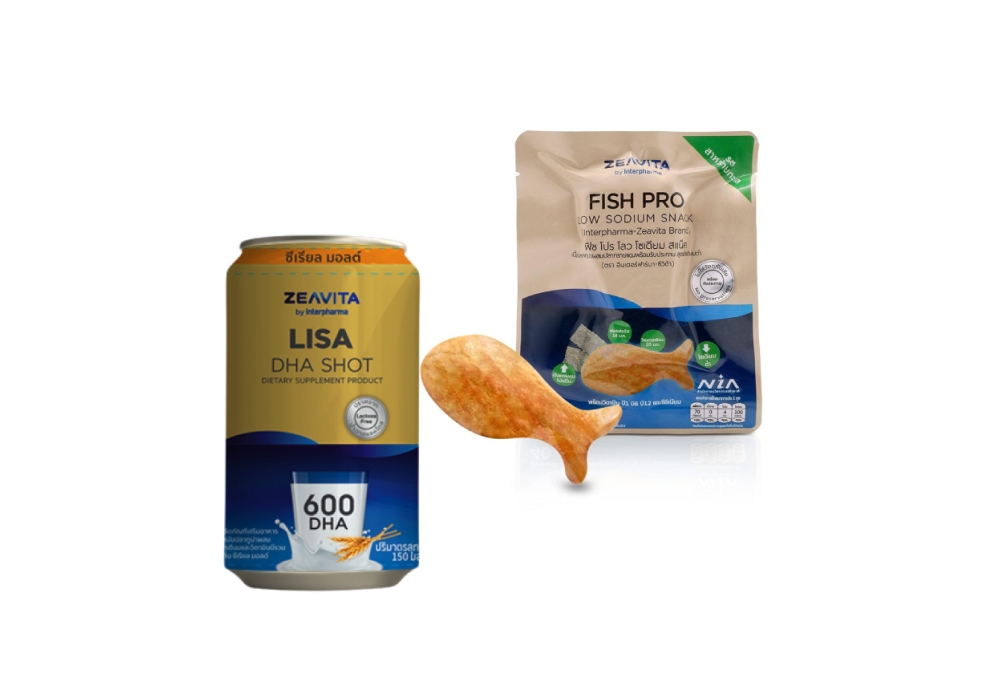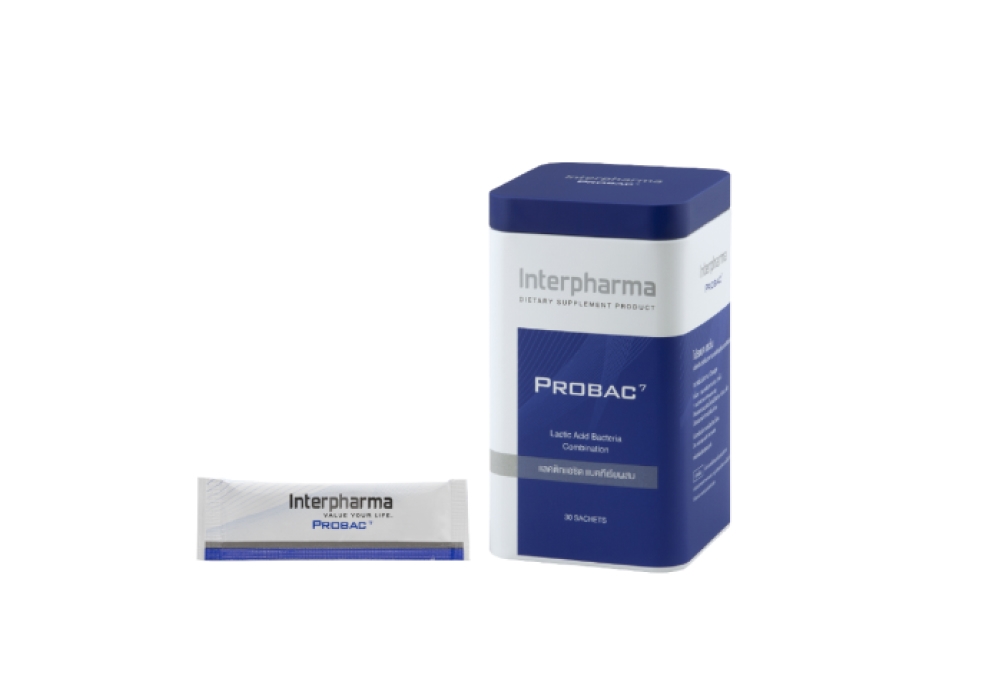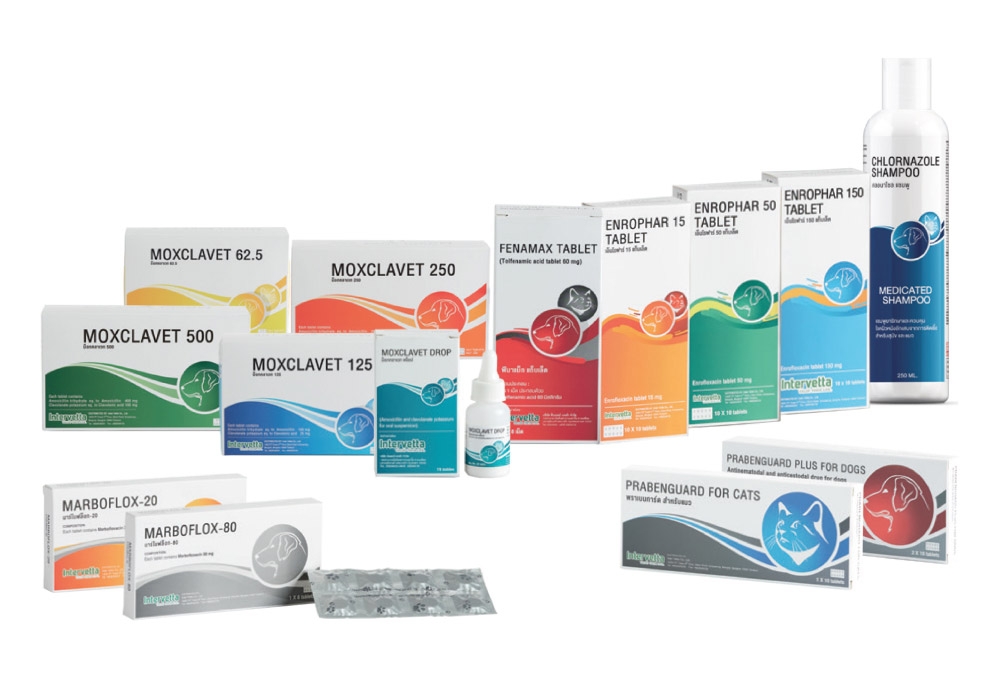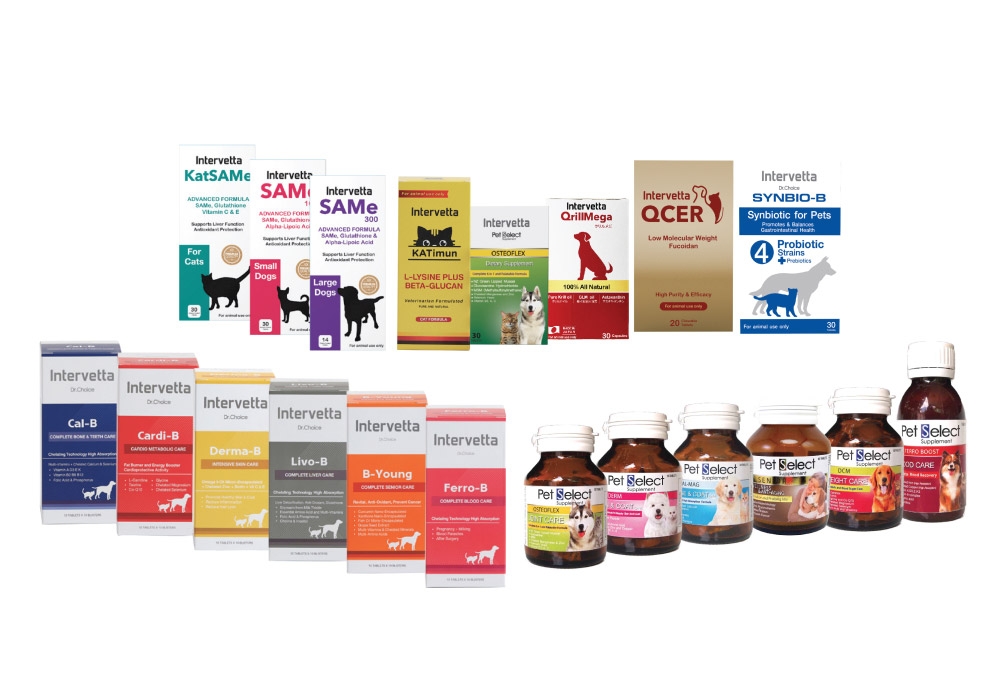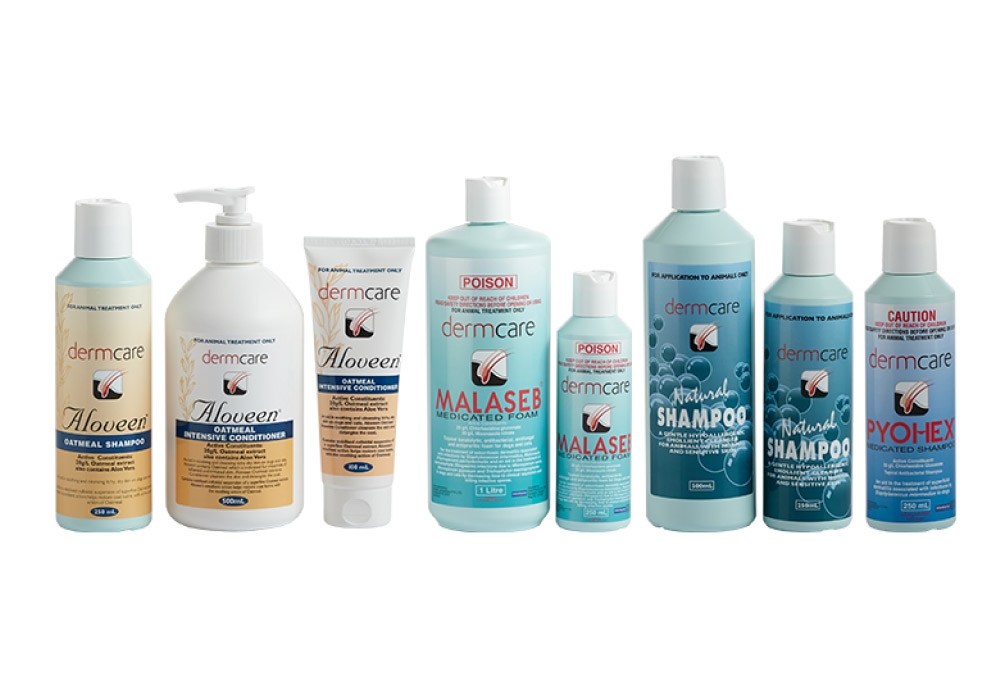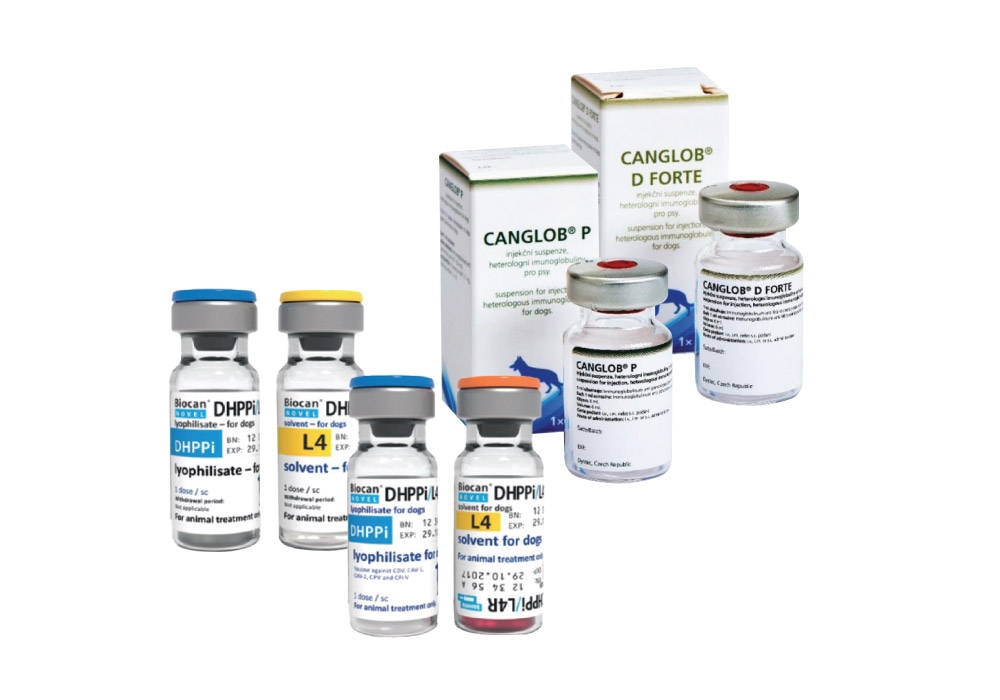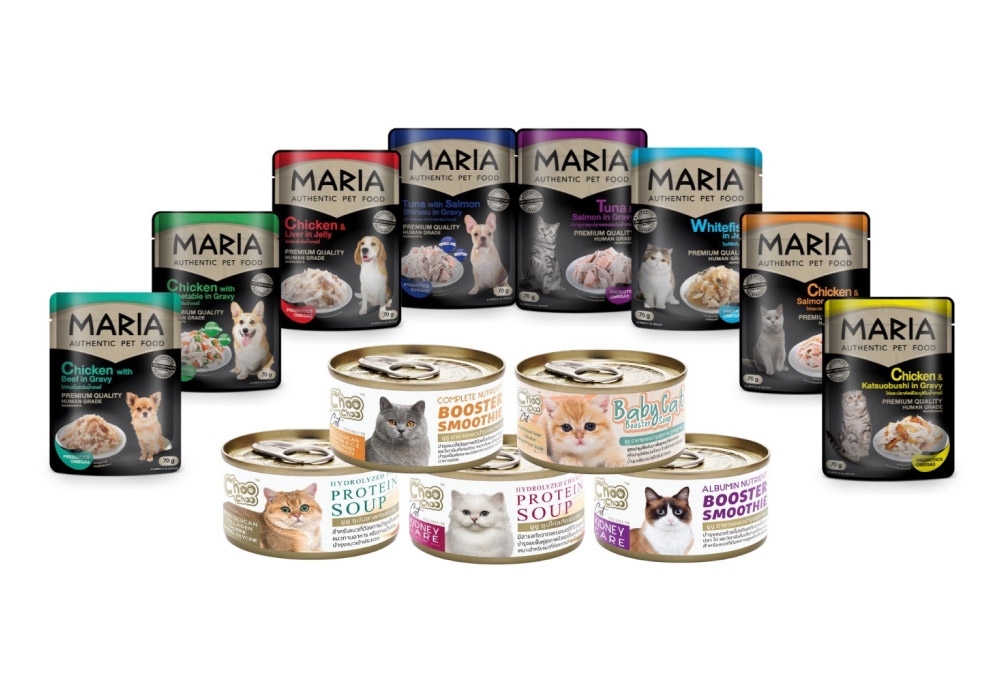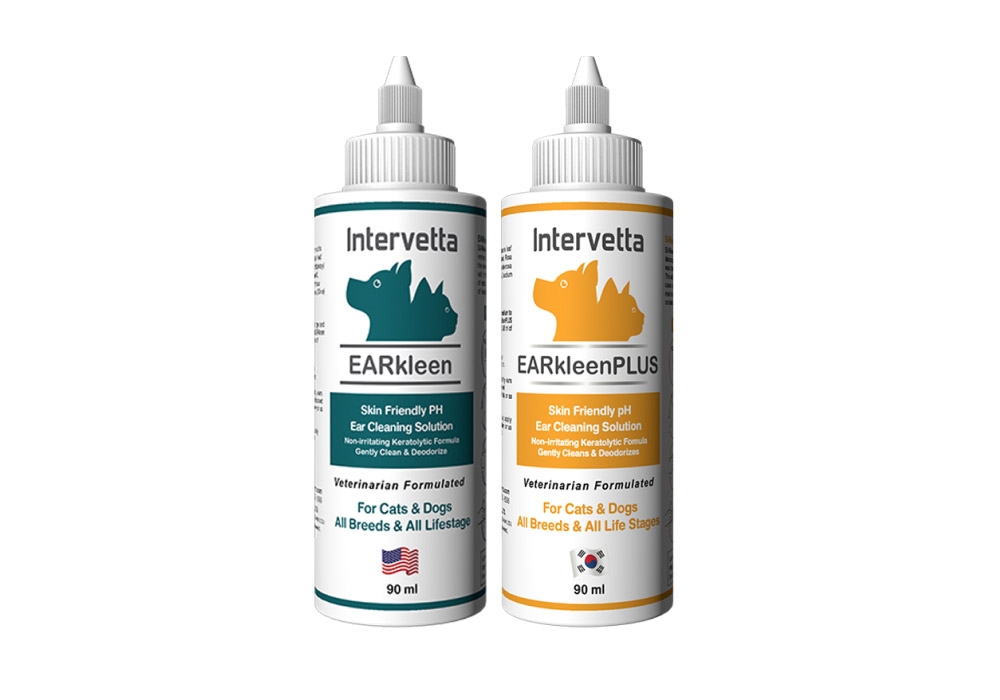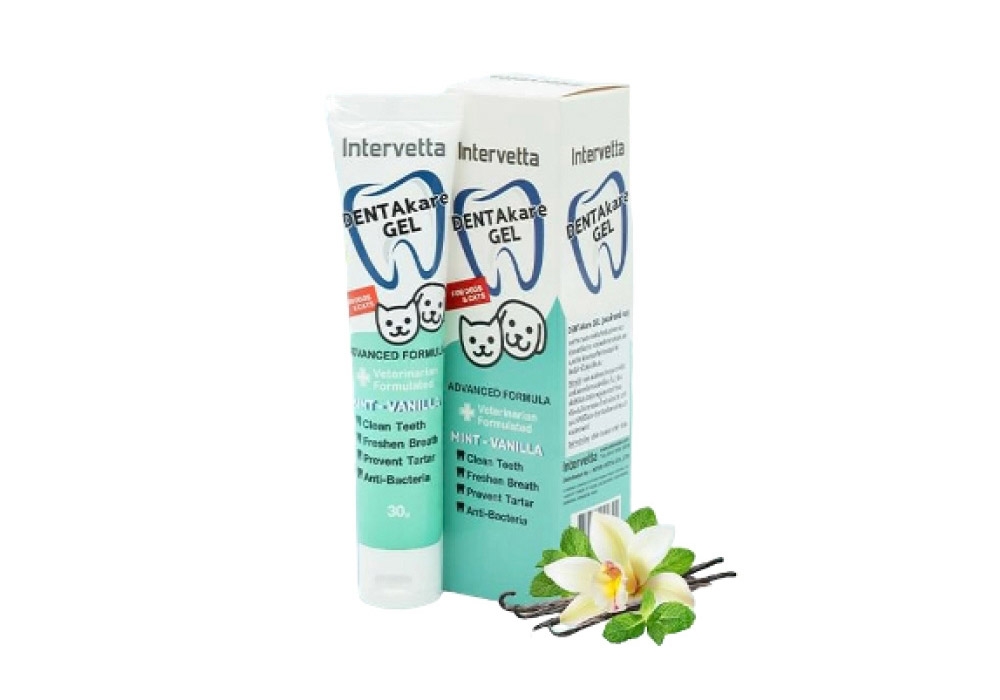Supplements for Children with ADHD

Supplements for Children with ADHD: Vitamins and Minerals to Help Improve Concentration
Caring for a child with Attention-Deficit/Hyperactivity Disorder (ADHD) requires patience and understanding. Many families look to supplements for children with ADHD as a complementary treatment option to help improve their child's concentration and enhance their learning development. Certain vitamins and minerals have the potential to support brain and nervous system function, which may naturally help improve ADHD symptoms.
Key Vitamins for Children with ADHD
Several vitamins play a crucial role in the functioning of the brain and nervous system. Children with ADHD may benefit from specific vitamin supplements that support brain cell function. Therefore, it is important for parents to research and consult with specialists to select the most beneficial vitamins for their child with ADHD.
- Vitamin B Complex: A Brain Supplement
The Vitamin B group is extremely important for the nervous system and the production of neurotransmitters. Vitamin B6 aids in the creation of dopamine and serotonin, brain chemicals that affect mood and concentration. Vitamin B12 supports the function of nerve cells and aids in the development of the myelin sheath that covers nerves. Folate, or Vitamin B9, contributes to neurotransmitter production and DNA repair.
- Vitamin D and Its Effect on Learning
Vitamin D is not only important for bones and teeth but also plays a role in brain function. A deficiency in Vitamin D may affect the parts of the brain involved in concentration and learning. Children who receive adequate Vitamin D may have better memory and information processing abilities.
- Vitamin C for Brain Health
Vitamin C is an antioxidant that helps protect brain cells from damage. It is also involved in creating the neurotransmitter norepinephrine, which affects concentration and alertness. Therefore, an adequate intake of Vitamin C helps support efficient brain function.
Essential Minerals for Concentration in Children with ADHD
Many minerals play a significant role in the function of the nervous system and brain. A deficiency in certain minerals can worsen ADHD symptoms. Key minerals for improving concentration include magnesium, zinc, and iron, all of which affect communication between nerve cells and the production of neurotransmitters. Supplementing with these minerals may help improve symptoms.
- Magnesium and Nervous System Function
Magnesium is a mineral involved in more than 300 biochemical processes in the body, including the functioning of the nervous system. It helps regulate nerve signal transmission and affects sleep. Children deficient in magnesium may experience insomnia, anxiety, and poor concentration.
- Zinc for Brain Development
Zinc is an essential mineral for the development and function of the brain. It plays a role in creating neurotransmitters and strengthening memory. A zinc deficiency can affect learning, memory, and the ability to focus. Children with adequate zinc levels may have better brain development.
- Iron and Oxygen Transport
Iron is crucial for transporting oxygen to the brain. An iron deficiency can lead to insufficient oxygen supply to the brain, causing fatigue, poor concentration, and learning difficulties. Monitoring blood iron levels and supplementing as needed is therefore very important.
Psychobiotics and Mental Health
The digestive system and the brain are connected through what scientists call the "gut-brain axis." Psychobiotics are live microorganisms that, when consumed in adequate amounts, provide mental health benefits. Research shows that the balance of microbes in the gut can affect mood, anxiety, and even concentration. Supplementing with psychobiotics may significantly improve a child's mental state and behavior.
- Beneficial Bacteria for a Child's Brain
Certain bacterial strains can produce neurotransmitters. For instance, Lactobacillus can produce gamma-aminobutyric acid (GABA), which promotes calmness and reduces anxiety. Bifidobacterium contributes to the production of serotonin, which affects mood and sleep.
- Choosing the Right Psychobiotic Product
When selecting a psychobiotic product for a child, choose strains that are supported by research, contain a sufficient number of bacteria, and have passed safety tests. A good product should be stored in appropriate conditions and have a clear expiration date.
How to Use Supplements for Children with ADHD Safely
When choosing supplements for children, safety must be the top priority. A quality product should be manufactured in a standardized facility, certified by relevant authorities, and free of harmful additives. Consulting a doctor or pharmacist before use is essential to ensure that the chosen supplement is appropriate for the child's physical condition and does not have adverse interactions with any medications the child is taking.
- Determining the Appropriate Dosage
The dosage of supplements for children differs from that for adults. Giving too much can be dangerous, while giving too little may be ineffective. It is best to start with the recommended dose and observe the child's response. If any abnormal symptoms occur, discontinue use immediately and consult a doctor.
- Monitoring the Effects of Use
Monitoring the effects of the supplement is important. Parents should keep a log of the child's behavior and symptoms before and after starting the supplement. Improvement may not be immediate and can take several weeks to months. Patience and consistent monitoring will help in evaluating its effectiveness.
- Precautions and Side Effects
Although supplements are generally considered safer than medication, there are still precautions to take. Some vitamins for ADHD may interact with medications or cause side effects if taken in excessive amounts. Each child responds differently to nutrients. Starting with a single product and adding others one at a time can help in assessing reactions and reducing the risk of adverse effects.
- Warning Signs to Watch For
Parents should be aware of warning signs such as allergic reactions, rashes, nausea, vomiting, abdominal pain, or an increase in abnormal behavior. If these symptoms appear, stop use immediately and consult a physician. Supplements should be an adjunct to, not a replacement for, primary treatment.
- Integration with Holistic Treatment
Supplements for children with ADHD are most effective when used in conjunction with a holistic treatment approach. This includes behavior modification, therapy, regular exercise, and improved sleep patterns. A quality diet, reducing sugar and artificial colors, and creating a supportive environment also contribute to improving ADHD symptoms. Minerals for concentration work best when the body is cared for comprehensively.
Conclusion
Supplements for children with ADHD can be a useful tool in managing symptoms when chosen and used appropriately and safely. Vitamin B complex, Vitamin D, and Vitamin C, along with key minerals like magnesium, zinc, and iron, as well as psychobiotics that support mental health, all play a role in improving brain and nervous system function.
The use of vitamins and minerals for children with ADHD should be done under the supervision of a professional and as part of a comprehensive treatment plan. Patience, monitoring, and making necessary adjustments will help ensure that the child receives the maximum benefit from psychobiotics and other nutritional supplements.
However, if you are considering using supplements for your child with ADHD, it is recommended to consult a doctor or a nutrition specialist for advice tailored to their individual needs. A holistic approach combined with appropriate nutritional supplementation will help improve the child's quality of life and allow them to reach their full potential.
